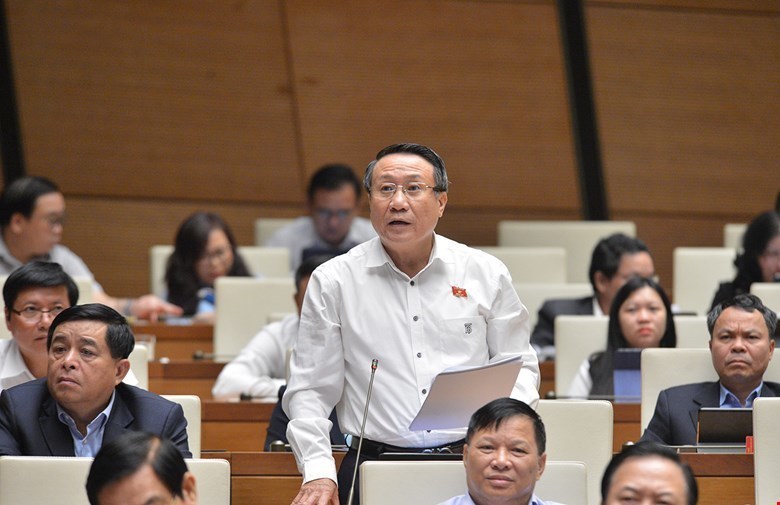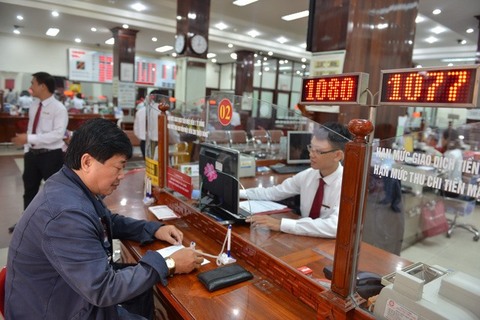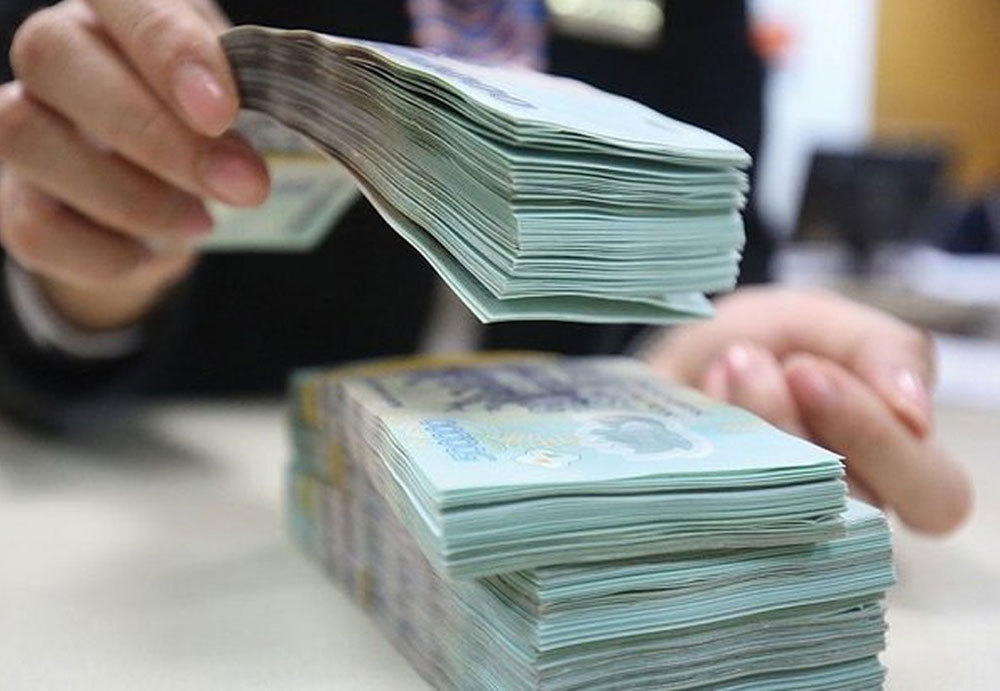
National Assembly Deputy Ha Sy Dong
Dong pointed out that capital flow has been driven into non-bank channels, including securities, real estate, corporate bonds, pension funds of securities companies, and insurance companies and investment funds, which may cause financial imbalance. Some state management agencies have warned of the risk.
SBV has taken the major responsibility to dispel the risk.
Hong said that when managing monetary policy, SBV implements comprehensive solutions to attract capital flow into production and business and to priority fields to give impetus for economic growth, as well as strictly control credit given to risky fields such as real estate, securities, and BOT/BT projects.
The growth rates and the proportion of loans provided to risky fields have been decreasing for years.
The loans provided to fund securities investment just account for 0.5 percent of total outstanding loans. The real estate credit growth rate has decreased and loans are mostly provided to fund people’s home purchases (60 percent).
According to Hong, in the first months of 2021, the stock market became hot and real estate prices escalated because of information about urban planning, transport project development, and local authorities’ decisions on land price adjustments.
The Covid-19 pandemic has led to gloomy economic prospects and lower deposit interest rates. Many people and businesses that have capital but lack opportunities to expand their business have intensified their investments in securities and real estate.
Hong said the supervision of risks in the markets is the responsibility of many sectors.
For the banking sector, SBV earlier this year instructed credit institutions to strictly control credit provided to risky business fields.
“The credit flow to these fields is under control,” Hong said.
In the time to come, SBV will continue pursuing a management policy that ensures safe and healthy credit activities, and will drive credit to production and priority fields as instructed by the Government.
Also, it will focus on controlling bad debts and credit growth in risky fields.
In a document sent to Hong, Dong said central banks around the world are in dilemma. They have to extend monetary loosening, with both traditional and non-traditional measures, to help their economies overcome difficulties caused by the pandemic, even though they understand that the measures may cause serious consequences.
“In Vietnam, cash flow has been abnormal in the overall financial-monetary market, resulting in asset bubbles and other financial distortions and imbalances,” he said.
Thu Hang

SBV allows banks to expand credit room
The State Bank of Viet Nam (SBV) has just officially approved credit room extension for some banks.

Deposit interest rates fall, deposits drop to 10-year low
Commercial banks continued easing deposit interest rates in late August, causing deposits at banks to fall to a 10-year low.